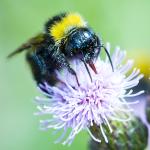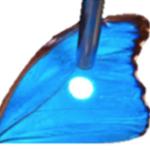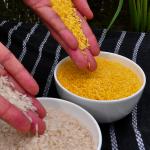For a doctor, putting puzzle pieces together is essential to becoming a master diagnostician. Being a detective is a vital skill employed daily in medical practice.
Biomedicine & Biotech
Bacteria are everywhere, surviving in even the most extreme environments like hot springs and ice cubes.
Like GMOs and vaccines, misinformation is rife on the topic of bees.
“Their eyes tell their sad stories as ghostly white irises give way to vacant stares. We can look at them but they can’t look back at us.
Sometimes, inspiration for biotechnological innovation comes from the darndest places.
This topic is somewhat off the beaten path, but when you delve a bit deeper a new research study on the penetration mechanics of the beetle penis- its bending sti
Actually, I want more than just having Golden Rice — I want it to be widely available to people who eat rice as a staple food.
Left-handed people are a bit of an anomaly. Relatively speaking, there aren't many of them, yet they've been around for thousands of years.
Astronauts do not live glamorous lives. Though tumbling about in low gravity looks fun, there are perils to the job. Their muscles atrophy. They are exposed to higher levels of radiation. They have to eat lousy food.
If you are ever in need of an impressive biological story, look no further than the examples of mutualism, when two totally unrelated species not only coexist, but both benefit from the relationship.












